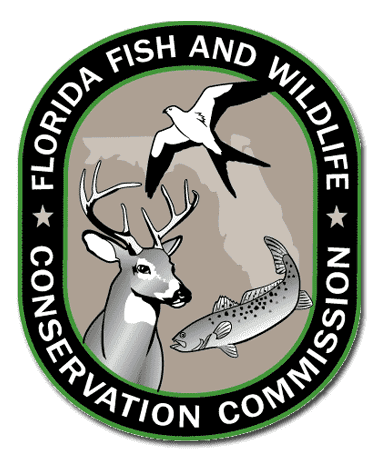Florida FWC Investigation Uncovers Illegal Commercial Wildlife Ring

Florida Fish and Wildlife Conservation Commission (FWC) and U.S. Fish and Wildlife Service law enforcement officers completed a comprehensive investigation Wednesday that included more than 200 criminal violations by 21 individuals in Orange, Lake, Osceola, Polk and St. Lucie counties. The 22-month operation targeted individuals who illegally bought fish and wildlife products in Florida and shipped them out of state to be sold to the public.
“The suspects were ultimately working together in a criminal conspiracy,” said Maj. Curtis Brown, head of the FWC’s Investigations section.
Officers determined the suspects were buying products from poachers and unlicensed individuals and shipping them to markets out of state. Today, they shut them down. Those out-of-state markets are still being investigated by the U.S. Fish and Wildlife Service.
“This was a large-scale illegal poaching operation with serious implications for the environment, economy and public health,” Brown said.
The suspects made one or two trips a month, transporting 2,000 to 3,000 pounds of product each trip to its markets.
“They placed orders that included one for 900 pounds of poached white-tailed deer and another for 500 pounds of illegal snook,” Brown said.
To date, the operation has identified 21 suspects. The criminal charges include 147 misdemeanor violations and 75 felony violations. Ten suspects were arrested and taken to local county jails today; the rest were issued notices to appear.
Undercover officers successfully infiltrated the illegal operations and were able to gather sufficient evidence of the crimes. The species involved include grouper, snapper, trout, redfish, snook, bass, bream, catfish, deer, turkey, ducks and alligator.
“Some of those are restricted species,” Brown said. “Over-harvesting, taking them out of season or taking them by illegal methods harms the resource, undermining conservation efforts.”
The FWC says shutting down illegal operations like this is also important for public health. When game is harvested and sold illegally, it does not go through the same processes or undergo the same food health inspections necessary to protect the public.
“The public has a right to purchase safe, legally harvested products without concern for the safety of their food,” Brown said.
Shutting down this operation also benefits the local economy. Illegal activities can seriously impact legal businesses.
“For example, there are deer farmers and commercial fishermen who harvest and sell their products legally,” Brown said. “Individuals who operate illegally often sell their products cheaper, essentially stealing profits from the law-abiding businesses.”
In addition to the U.S. Fish and Wildlife Service, the FWC worked with partner organizations including the National Wild Turkey Federation, Humane Society of the United States and Ducks Unlimited
“This was a great team effort to support our legal commercial markets, protect Florida’s valuable natural resources and allow the public to safely enjoy them,” Brown said.
The public can help by reporting to the FWC suspected violations of illegally harvesting or selling fish and wildlife. To make a report, call the Wildlife Alert hotline – 888-404-FWCC – or text Tip@MyFWC.com.

